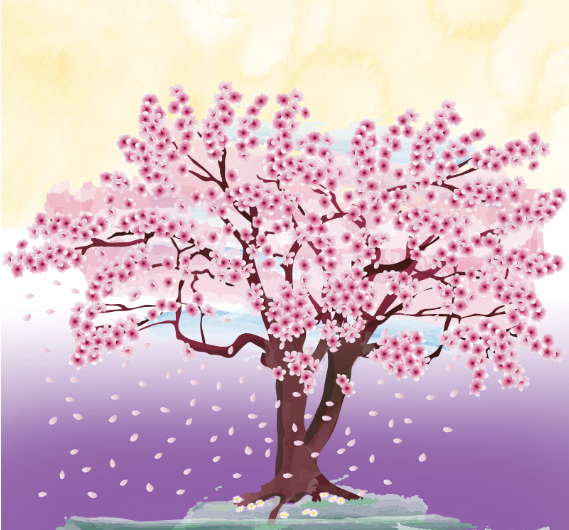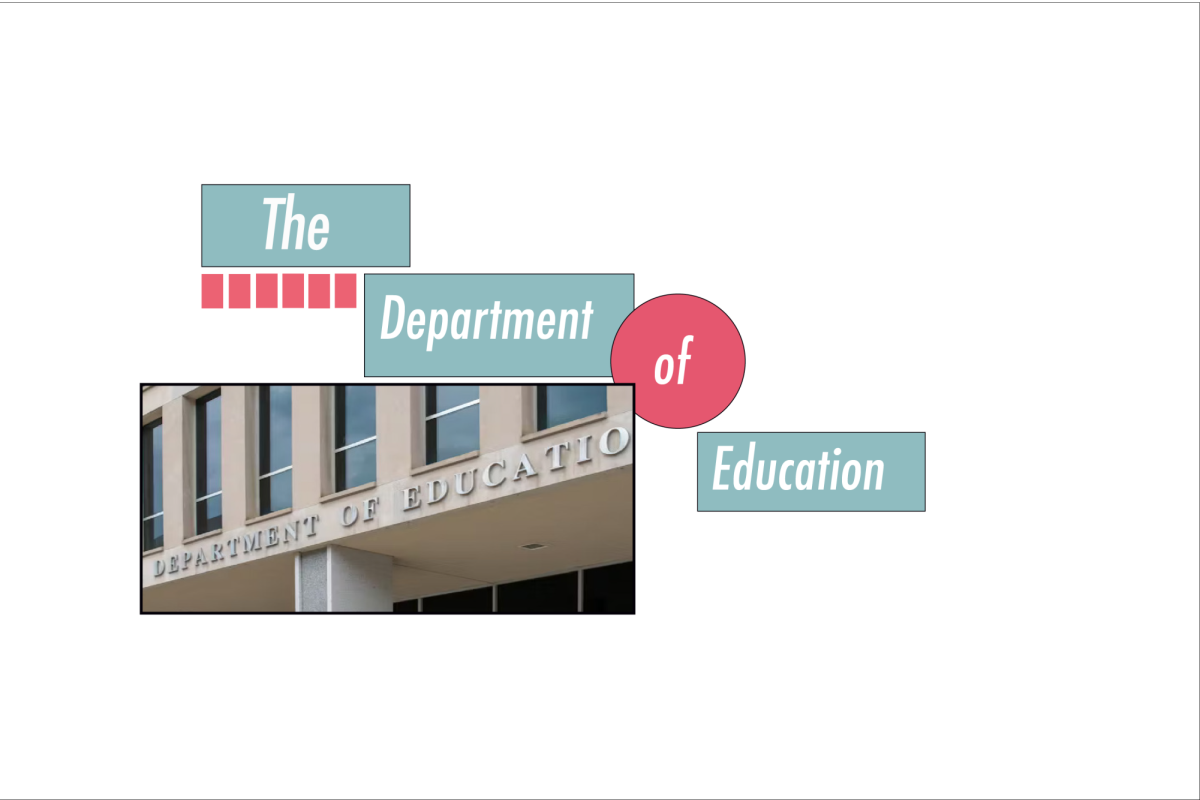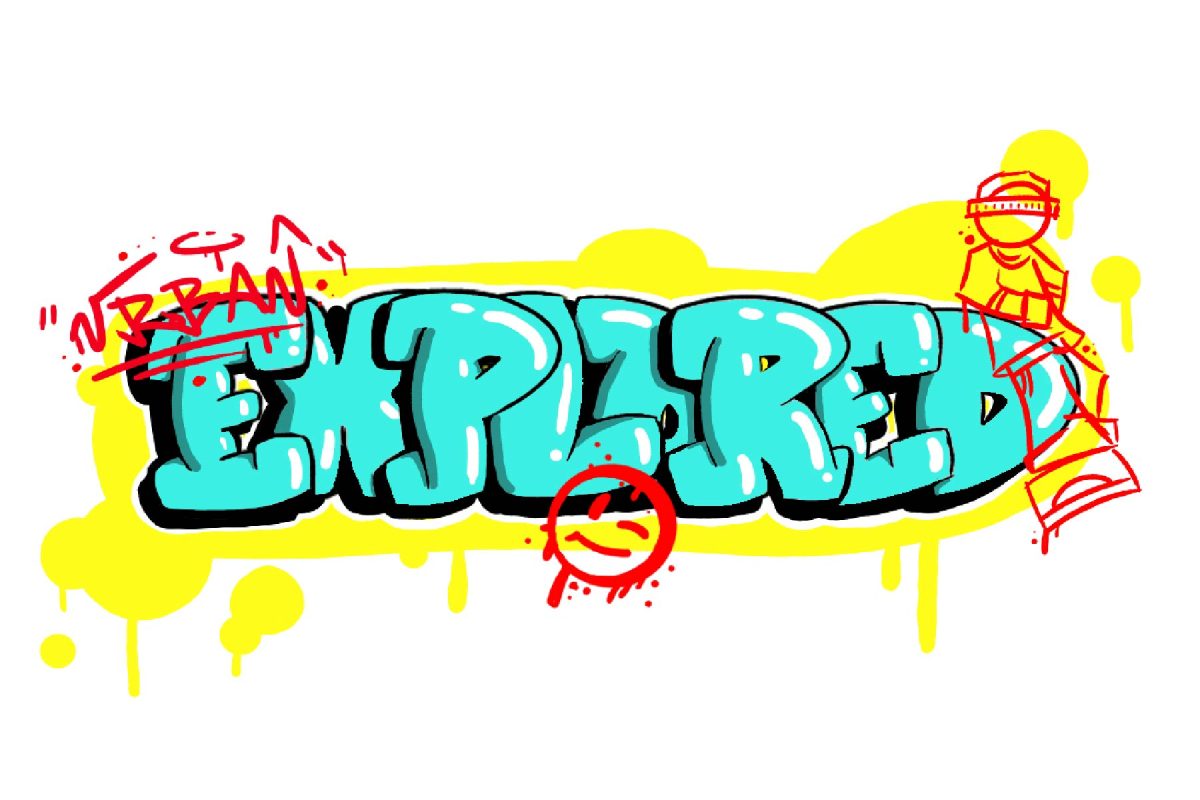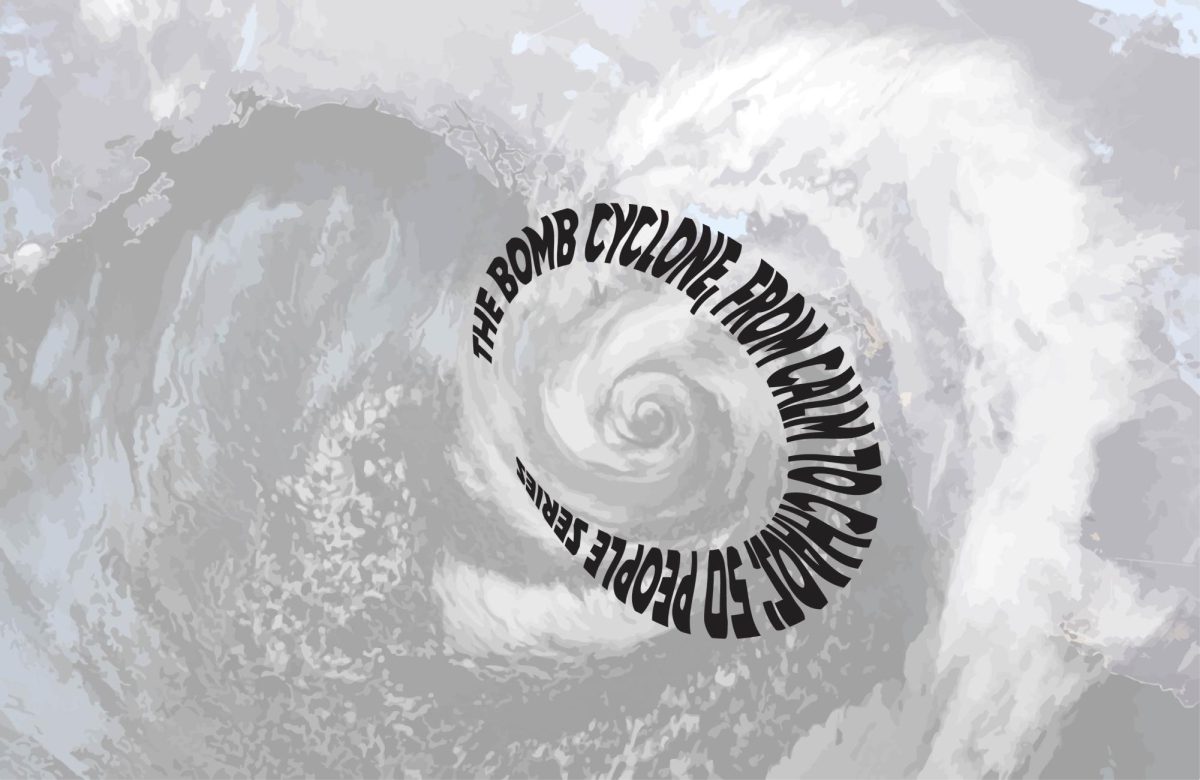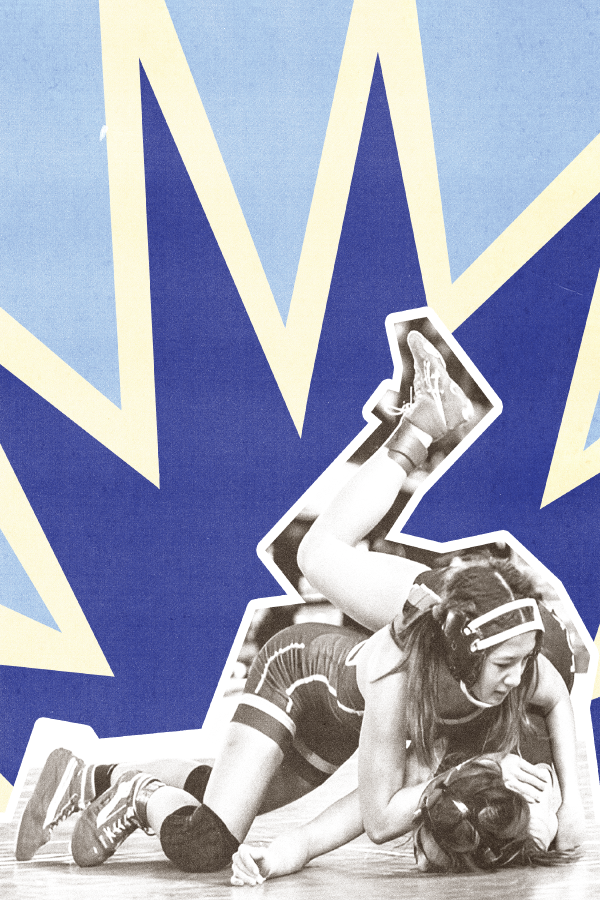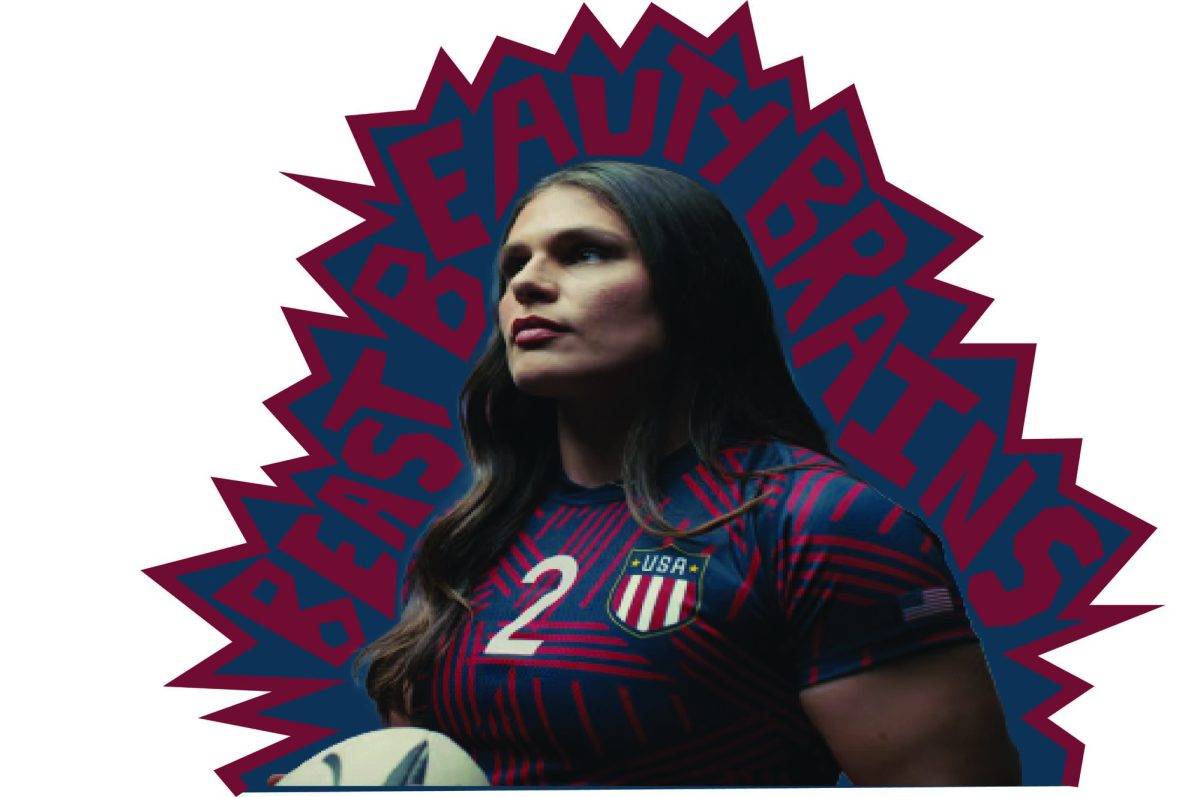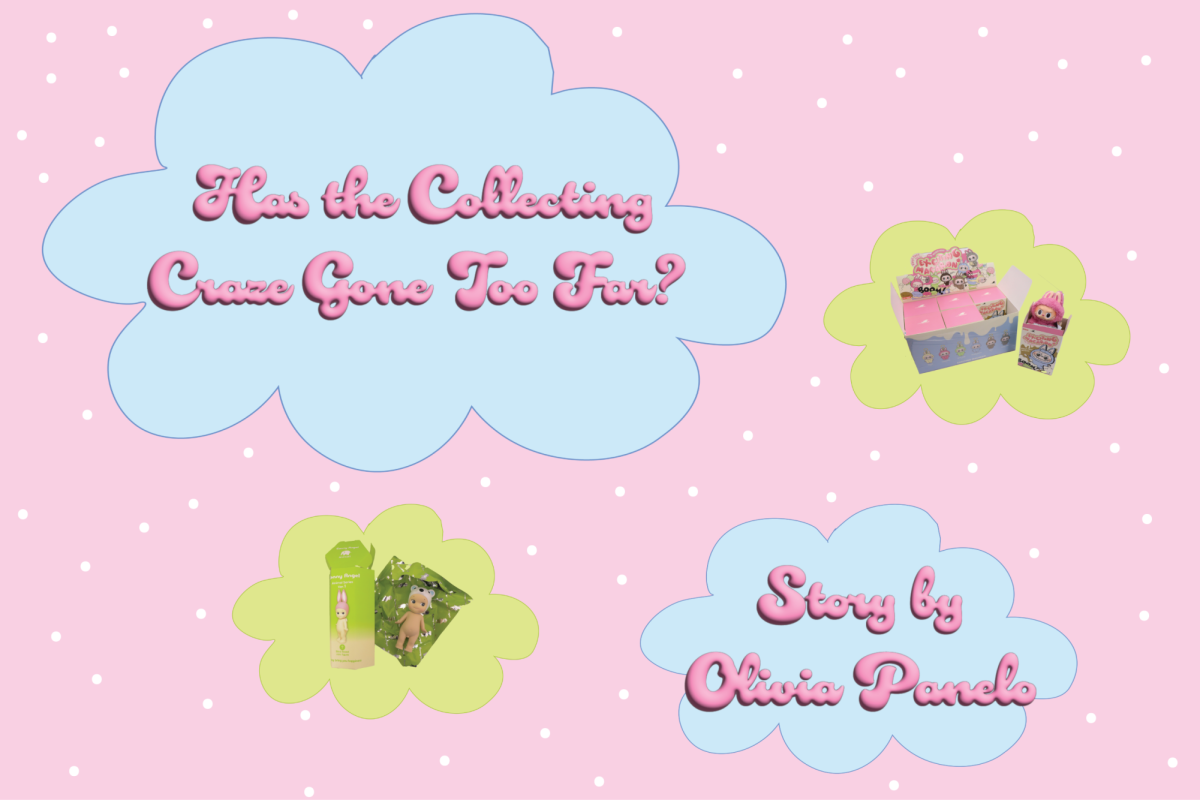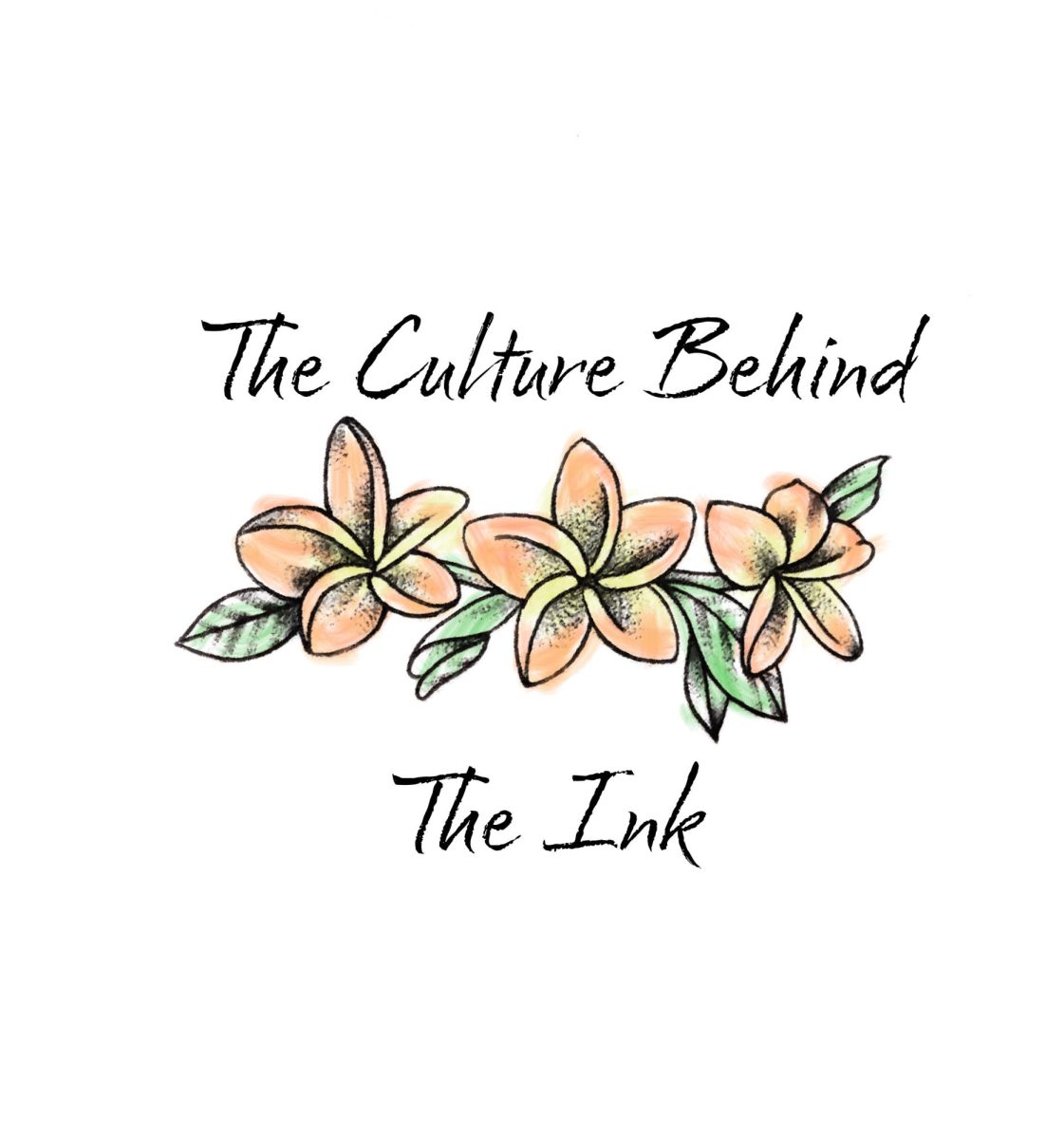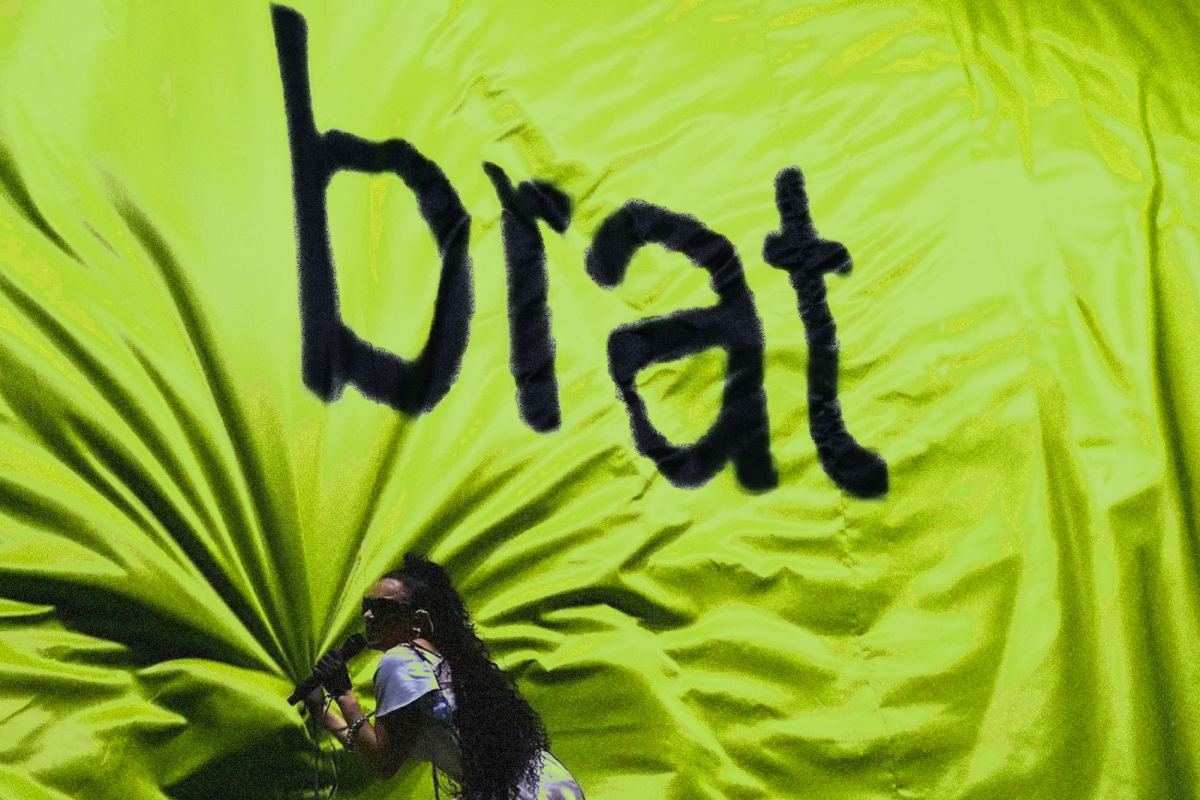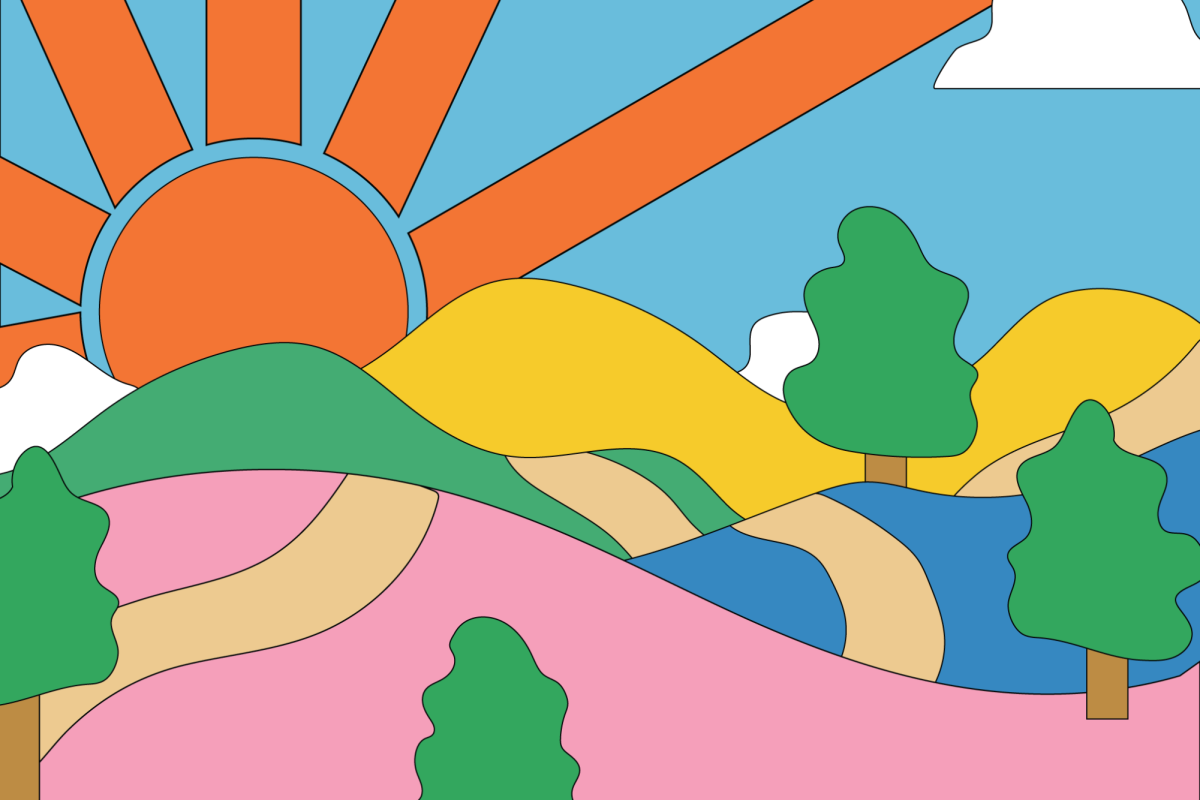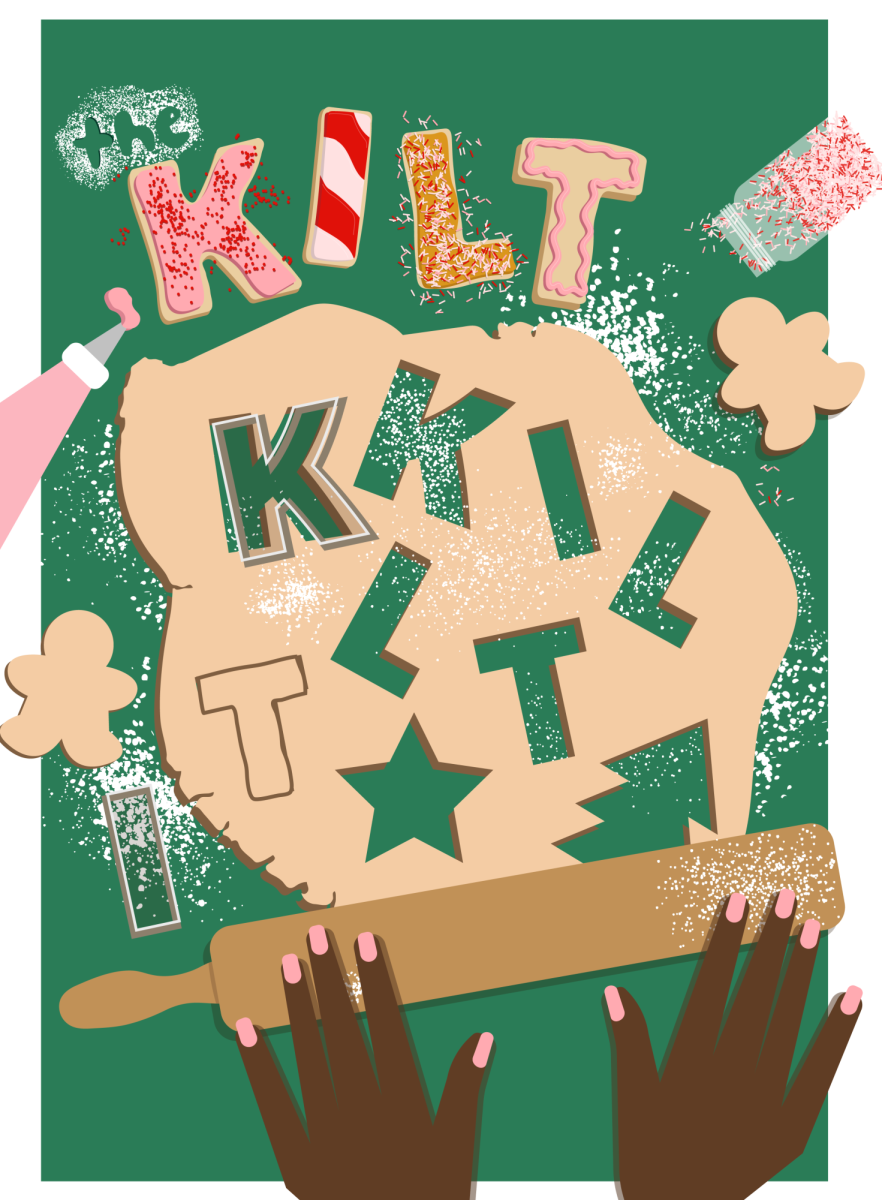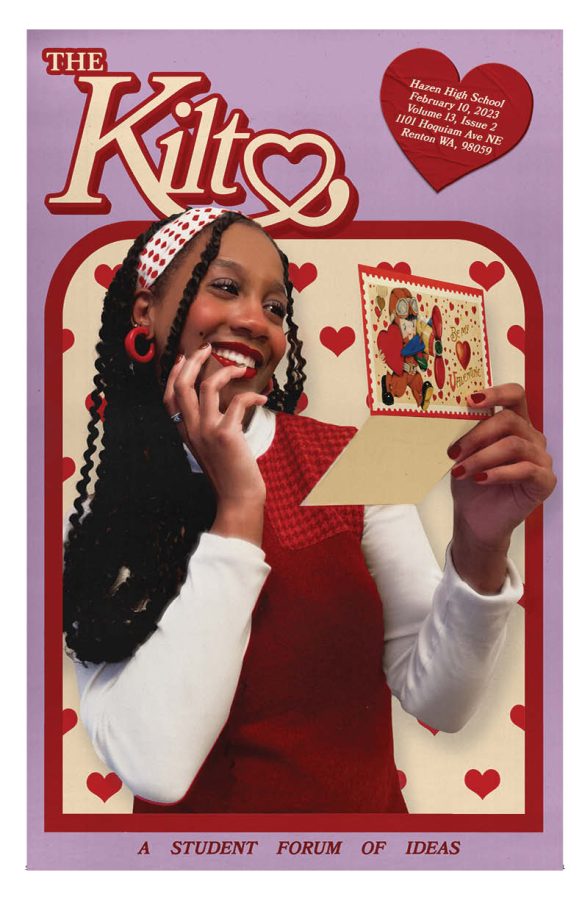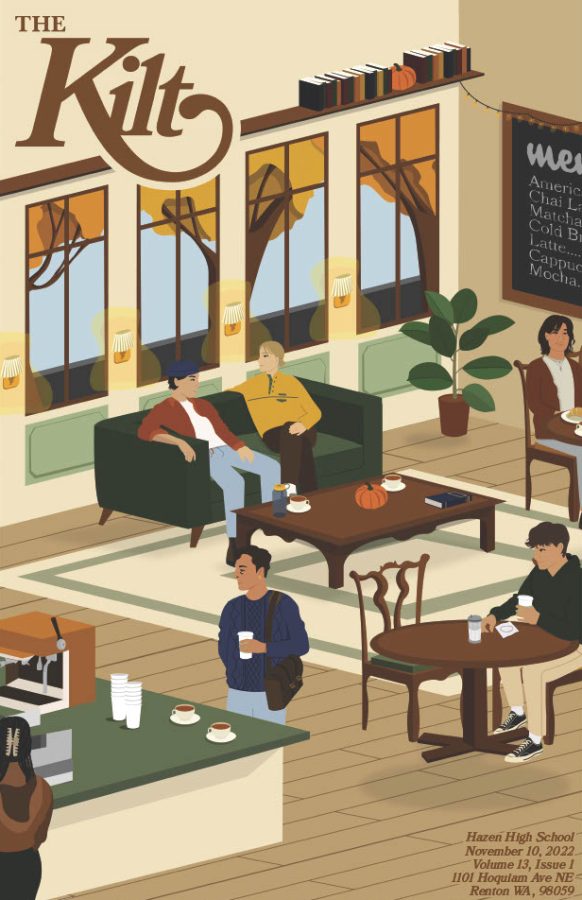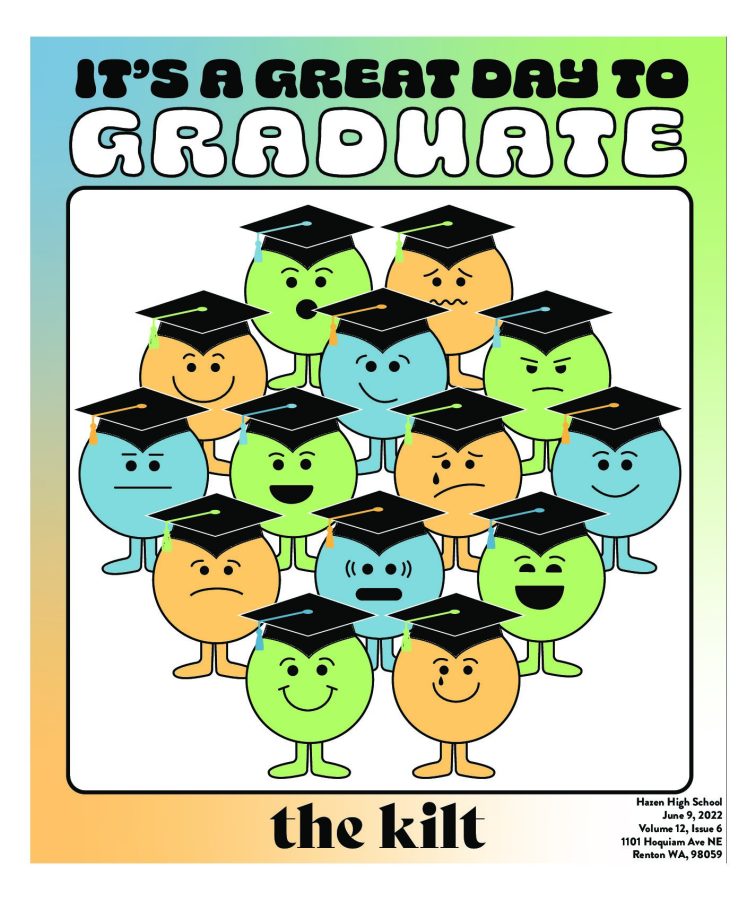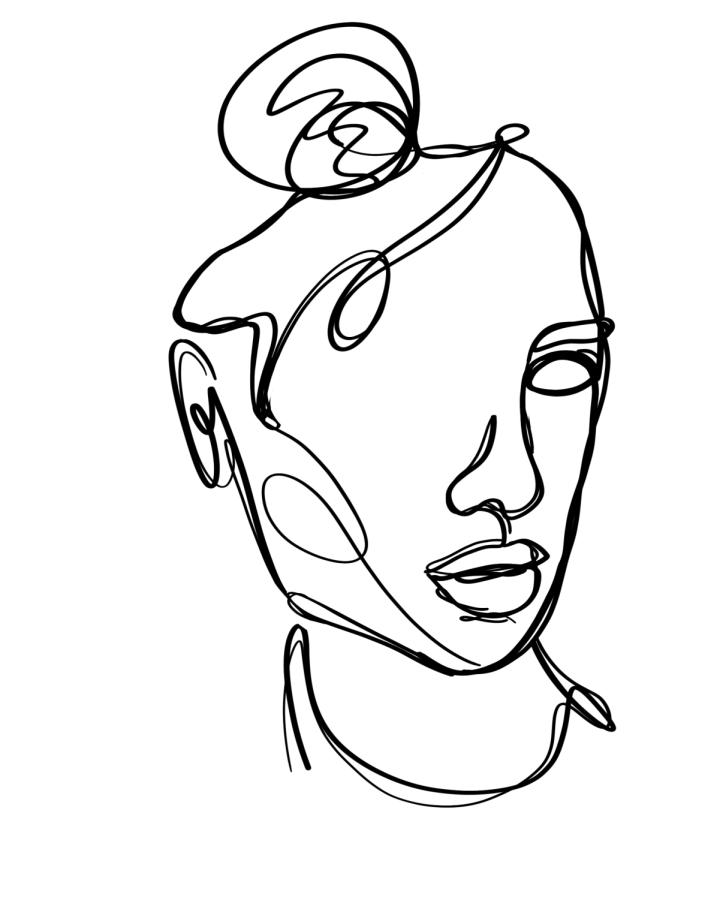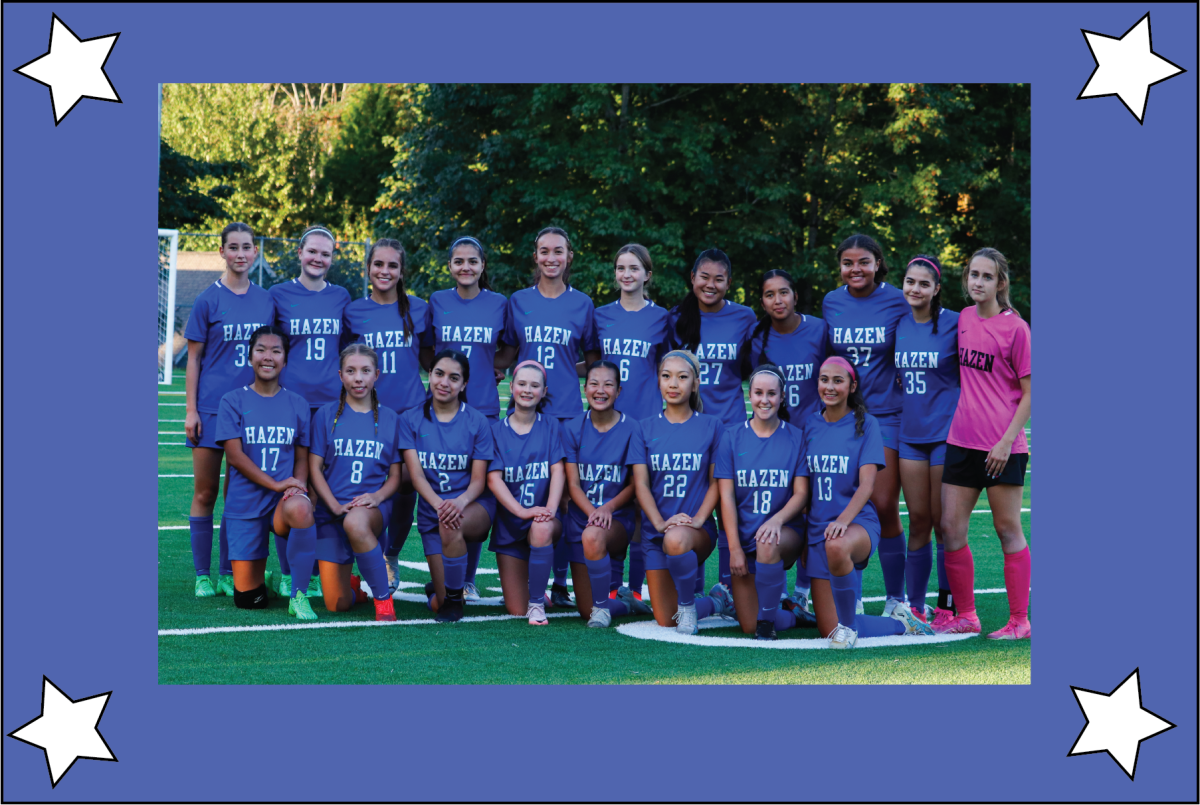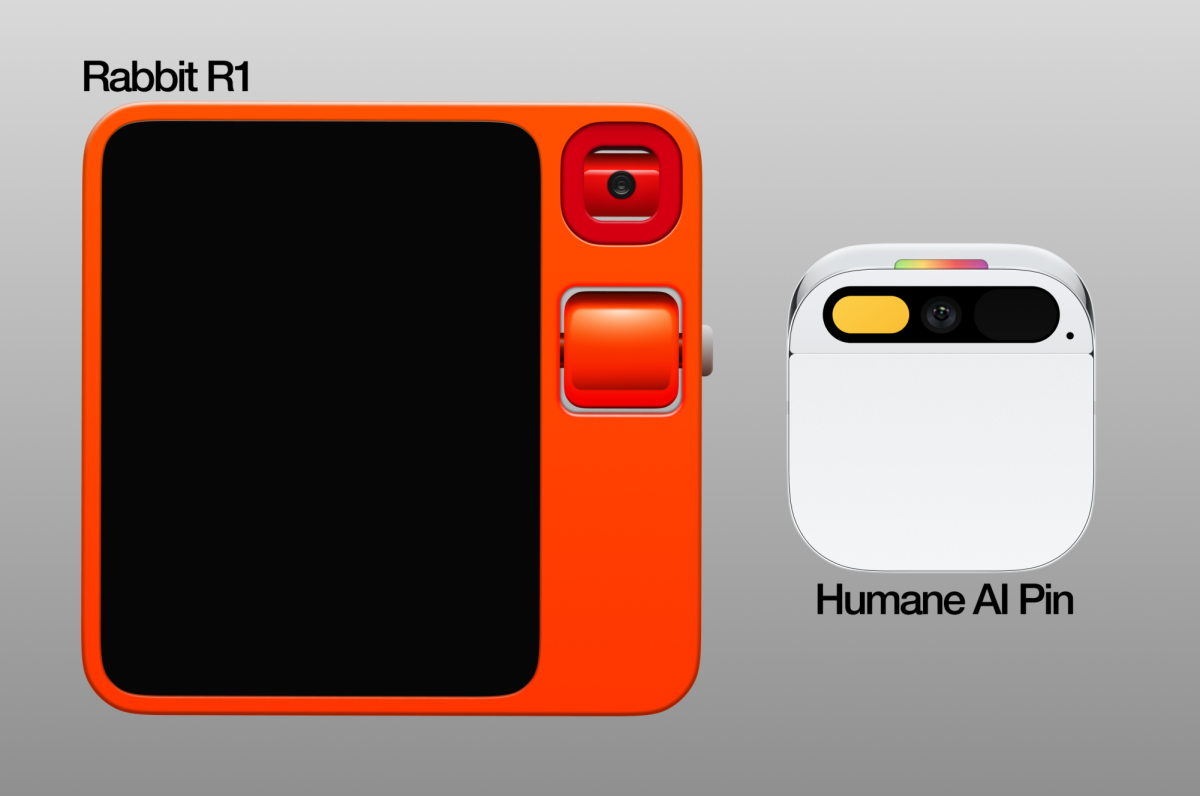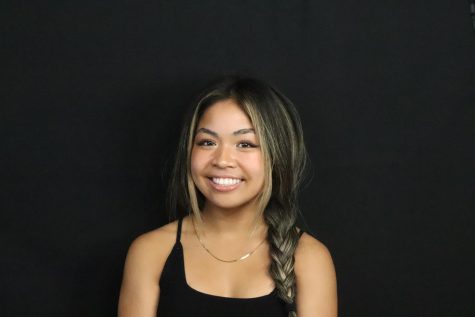The clean girl aesthetic puts emphasis on elegant, natural, effortless beauty. Defined by a restorative lifestyle, she embraces individual health and wellness. Garnering attention across social media, the tag “clean girl” has reached a staggering 3 billion views on the social media app Tik Tok.
At first glance, the clean girl promotes self-care and embracing our unique features. However, many saw the exposed cracks in this trend when Hailey Bieber’s controversial “Brownie Lip” surged in the media. A video of her lining the edge of her lips with brown lip liner, then blending it with a clear gloss caused outrage on the internet when Hailey Bieber dubbed it the “Brownie Lip.” Women of color had been doing this same technique since the early 90s, but were dubbed “ghetto” by white women. Critics thought it unfair for Hailey to receive praise for something women of color have been doing long before she was born.
The issue of white social media influencers appropriating and rebranding cultural beauty customs for profit is a complex subject that requires a nuanced understanding of the intersection of race, culture, and power dynamics. It is important to examine how these practices perpetuate harmful beliefs and reinforce detrimental stereotypes.
Cleanliness
One of the underlying issues at play is the societal idea of cleanliness being inherently connected to white culture. This belief has been a driving force behind white influencers’ appropriation of cultural beauty rituals. People of color are often stereotyped as dirty or unhygienic, perpetuating harmful and racist beliefs. For centuries, Indian women used oil to slick back their hair to promote hair health and growth. Women of South Asian descent passed this tradition down from mother to daughter for generations but were widely labeled as greasy. However, in the 21st Century, hair oiling took off in American salons for women who were looking to revitalize their dry hair. Then, when slicked-back hairstyles were first seen this year on white women, like Hailey Bieber and Bella Hadid, they were praised for their elegance and chic.
The appropriation of cultural beauty rituals also perpetuates the idea that white beauty is the standard. By taking practices from other cultures and rebranding them as new and trendy, white influencers are reinforcing the idea that only white culture is worthy of recognition and admiration. This erasure of other cultures can have a damaging impact on the mental health and self-esteem of individuals from those cultures.
Meditation has Buddhist origins dating back to 5,000 BCE. Yoga has existed since 2,700 BCE in Indian cultures. Matcha is a Japanese tea initially discovered by a Buddhist monk who brought it to Japan in the 12th century. People of color have held onto these practices and commodities for centuries, but in the 21st century, these culturally significant devices have been learned to be associated with white women who have all the time in the world living their best life in big cities. It’s great when different aspects of a culture are celebrated by different people. However, it’s a completely different matter when white women are given credit for circulating these “trends” that have existed for centuries long before Hailey Beiber took to the streets with a slicked-back bun and her brownie lip.
Many mainstream trends show that young women are most vulnerable to perpetuate beauty standards and practices that exclude people of color. The industry must actively work towards inclusivity and diversity, rather than simply using cultural practices for profit. This includes hiring individuals from diverse backgrounds and creating products that are inclusive of all skin tones and hair textures.
The appropriation and rebranding of cultural beauty rituals by white social media influencers is a complex issue that must be addressed. It is important to recognize the harm it causes to promote a small scope of women as our beauty standard. By amplifying the voices and experiences of individuals from diverse backgrounds, we can create a more equitable and just world, where we celebrate beauty in all people.

